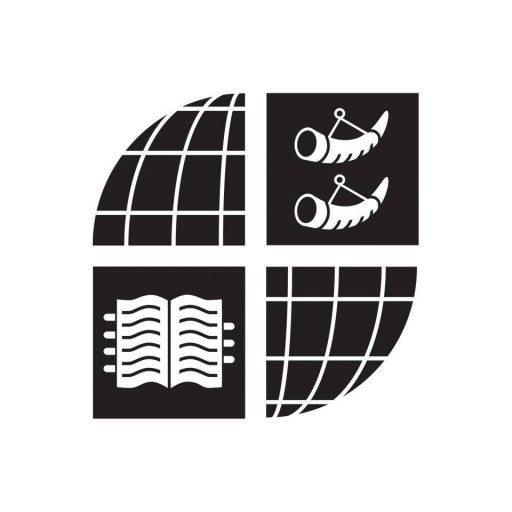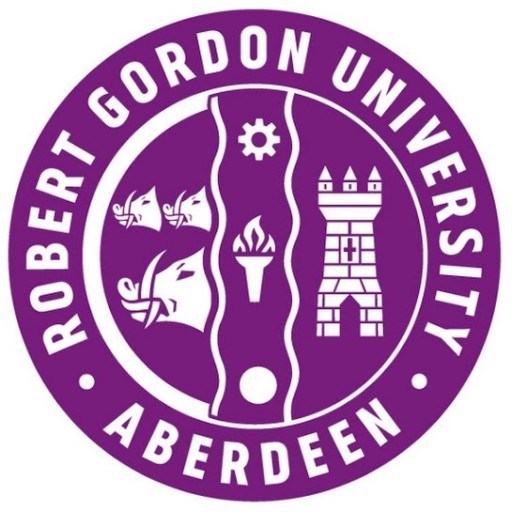Photos of university / #teessideuni
The BSc (Hons) Physiotherapy programme at Teesside University is a comprehensive and dynamic course designed to equip students with the essential knowledge, practical skills, and professional competencies required to excel in the field of physiotherapy. This degree programme combines rigorous academic study with hands-on clinical experience, ensuring that graduates are well-prepared to meet the diverse healthcare needs of patients across various settings. Throughout the course, students will explore core topics including human anatomy and physiology, biomechanics, pathology, and patient assessment, alongside specialized modules in musculoskeletal, neurological, and cardiorespiratory physiotherapy. The curriculum places a strong emphasis on evidence-based practice, critical thinking, and ethical considerations, fostering a holistic approach to patient care. Students will benefit from state-of-the-art simulation labs, laboratory work, and placements within affiliated healthcare facilities, providing real-world experience and professional development opportunities. The programme is delivered by a team of experienced academic staff and clinical practitioners committed to supporting students' learning journey from foundational knowledge to advanced clinical reasoning. Upon graduation, students will be eligible to register as qualified physiotherapists with the Health and Care Professions Council (HCPC) and the Chartered Society of Physiotherapy (CSP), enabling them to work in hospitals, community settings, sports, and private practice. The BSc (Hons) Physiotherapy at Teesside University is ideal for individuals passionate about helping others recover, regain mobility, and improve quality of life through evidence-based physiotherapeutic interventions. With a supportive learning environment, modern facilities, and strong industry links, the programme aims to develop autonomous, compassionate professionals capable of making a meaningful difference in healthcare. Graduates will be equipped with the skills necessary for lifelong learning and continuing professional development in a rapidly evolving healthcare landscape.
Core modules
* Advancing Learning and Leadership for Effective Clinical Practice
* Clinical Science 4 Integrated Management
* Contemporary Issues in Global Health and Social Care Practice
* Evidence-based Concepts of Contemporary Physiotherapy Practice
* Major Project
* Practical Research Methods for Allied Health Professions
Modules offered may vary.
The program requirements for the BSc (Hons) Physiotherapy Studies at Teesside University include a combination of academic qualifications, relevant work experience, and specific skills. Applicants are generally expected to have achieved a minimum of two A-levels or equivalent qualifications, with at least one subject related to health or sciences, such as biology, psychology, or human biology. Alternatively, applicants holding a BTEC Level 3 Extended Diploma in health and social care or a related discipline are also considered suitable. It is essential for applicants to demonstrate good academic performance, with an overall grade that meets the university’s entry standards.
In addition to academic qualifications, applicants are required to undertake previous relevant work experience in a healthcare setting. This experience can be gained through voluntary or paid roles, shadowing physiotherapists or other healthcare professionals, and observing clinical environments. Such experience is important as it helps applicants understand the profession and confirms their motivation and commitment to a career in physiotherapy.
Applicants must also complete a successful interview process, which assesses communication skills, understanding of the profession, and the ability to work in a team. Some programs may require successful completion of a health screening and immunization status check to ensure suitability for clinical placements. Additionally, proficiency in English language is necessary, with acceptable scores in IELTS or equivalent tests if English is not the applicant’s first language.
Applicants are expected to possess certain personal qualities, such as compassion, resilience, good communication skills, and the ability to work under pressure. They should demonstrate a commitment to continuous professional development and a genuine interest in helping people improve their health and wellbeing.
The program may also have specific technical requirements, such as a recent background check or enhanced DBS clearance, to enable participation in placements within healthcare organizations. Furthermore, prospective students might need to pass a Disclosure and Barring Service check as part of their clearance process.
In summary, the program requirements encompass relevant academic qualifications, healthcare experience, proven communication skills, and personal qualities conducive to a caregiving profession. Meeting these prerequisites ensures that applicants are well-prepared to undertake the demanding and rewarding education in physiotherapy studies, ultimately leading to registration with professional bodies and a career in healthcare.
Tuition fees for Physiotherapy Studies at Teesside University vary depending on the student's residency status, with different rates for UK, EU, and international students. For UK students, the annual tuition fee is approximately £9,250, which is payable over the duration of the course, typically spanning three years. EU students may have similar fee structures, subject to government regulations and funding policies, but recent changes have led many EU students to be classified similarly to international students for fee purposes. International students are charged a higher tuition fee, around £14,000 to £15,000 per year, reflecting the university's standard rates for overseas students and covering the full cost of instruction, resources, and access to university facilities.
Aside from tuition fees, students should consider additional costs such as registration fees, health insurance, accommodation, transportation, textbooks, and supplies. The university provides various financial support options, including government-funded student loans and grants for eligible UK students, which can significantly offset the out-of-pocket expenses. For example, students from the UK can access the Student Loan Company funding that covers tuition fees and contributes towards living expenses during their studies.
Teesside University also offers scholarships and bursaries for outstanding students, which are awarded based on academic performance, financial need, or specific criteria such as performance in the selection process. International students may also be eligible for merit-based scholarships that can reduce tuition costs.
In terms of financial planning, students are encouraged to apply early for government financial aid and to explore any available university-specific funding schemes to minimize debt. The university also provides guidance on part-time work opportunities, both on and off-campus, which can help students supplement their income while studying. Additionally, students should budget for living expenses, which depend on lifestyle and location but generally include rent, food, personal expenses, and transportation costs.
Overall, the financial aspect of studying physiotherapy at Teesside University involves understanding tuition fees, potential subsidies or financial aid, additional living costs, and employment opportunities, all of which are integral to successful planning for higher education expenses.
The BSc (Hons) Physiotherapy Studies at Teesside University is designed to prepare students for a professional career in physiotherapy, equipping them with the theoretical knowledge and practical skills necessary to assess, diagnose, and treat a wide range of musculoskeletal, neurological, cardiovascular, and respiratory conditions. The program combines academic learning with hands-on clinical experience, enabling students to develop a comprehensive understanding of human anatomy, physiology, and pathology, as well as an awareness of the psychosocial aspects influencing patient care.
Throughout the course, students engage in a variety of learning methods, including lectures, seminars, case studies, and practical workshops. Emphasis is placed on evidence-based practice, ensuring that students are proficient in applying the latest research and clinical guidelines to their work. The program also integrates interprofessional education, promoting collaborative healthcare approaches essential for modern physiotherapy practices.
Clinical placements form a core component of the curriculum, providing students with real-world experience in hospital settings, community clinics, and private practices. These placements are carefully structured to build confidence and competence, ensuring graduates are ready for the demands of professional practice upon graduation. The university collaborates with local NHS trusts and other healthcare providers to facilitate high-quality placements and clinical supervision.
The course is accredited by the Chartered Society of Physiotherapy (Chartered Society of Physiotherapy) and meets the requirements for registration with the Health and Care Professions Council (HCPC), enabling graduates to practice as licensed physiotherapists in the UK. The program fosters essential skills such as communication, teamwork, and problem-solving, which are vital for effective patient-centered care.
Teesside University’s state-of-the-art facilities, including dedicated skills laboratories and simulation suites, provide an optimal learning environment. The faculty consists of experienced professionals and researchers who are committed to student development and advancing physiotherapy practices through research and innovation. Graduates of the program have the opportunity to pursue further specialization, postgraduate research, or careers in healthcare management, education, and advanced clinical practice.
Overall, the BSc (Hons) Physiotherapy Studies offers a comprehensive pathway for those seeking to make a meaningful difference in patients’ lives through physiotherapy. It aims to develop highly competent, compassionate, and autonomous practitioners equipped to meet the evolving healthcare challenges of the 21st century, both within the UK and internationally.









